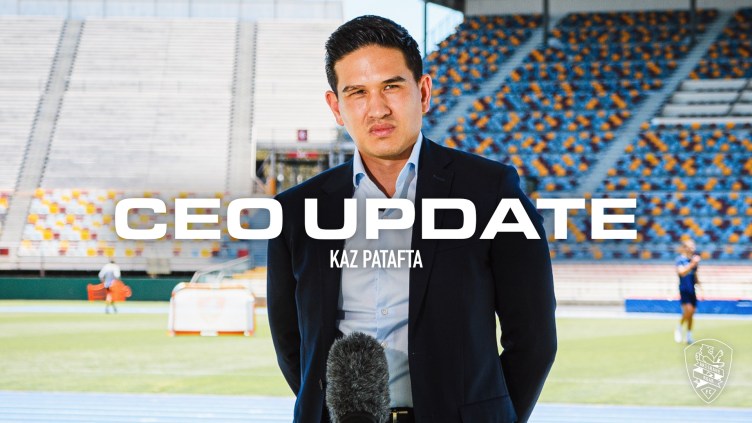Football fans in Australia had better get used to transfer targets leaving in mid-season because it’s been happening throughout the rest of Asia for years.
Football fans in Australia had better get used to transfer targets leaving in mid-season because it-s been happening throughout the rest of Asia for years.
Every July, the balance of some of East Asia-s toughest leagues is altered by the transfer wheelings and dealings of clubs looking to cash in by selling the next bright young thing to Europe or bringing over another South American star.
But in the case of Socceroos defenders Ryan McGowan and Michael Marrone moving to the Chinese Super League, ambitious Chinese clubs have shown that teams in the region can also benefit from the January transfer window.
In McGowan-s case, the long-time Hearts defender departed midway through another tough Scottish Premier League campaign for a new challenge with CSL side Shandong Luneng.
Hearts are in the midst of a cash-flow crisis and McGowan made it clear his decision to leave now rather than at the end of the season was partly motivated by his desire to see the Edinburgh club receive a transfer fee of around $600,000.
“The fact Hearts were going to get a decent fee for me was a massive part of my thinking,” McGowan told the Edinburgh Evening News following his move. “I wanted them to get money for me and there were no other clubs out there who would have paid as much for me.”
And money is no object in a Chinese league in the midst of regeneration.
McGowan is a handy addition to the CSL but when a couple of the others are ex-Paris Saint Germain striker Guillaume Hoarau and Zvjezdan Misimovic, a former Bundesliga winner with Wolfsburg, it puts Chinese football in a new light.
And given that the likes of Didier Drogba, Freddy Kanoute, Nicolas Anelka, Aiyegbeni Yakubu, Seydou Keita, Dario Conca and Lucas Barrios already call China home, suddenly McGowan-s move doesn-t quite seem the step down some critics have claimed.
That-s to say nothing of the fact he-ll be coached by Radomir Antic, who famously won the Spanish league title with Atletico Madrid in 1996.
Antic joins Marcello Lippi, Sergio Batista and Takeshi Okada as just one of a number of big-name foreign coaches in China, as club owners look to transform Chinese football-s undoubted potential into trophies.
It-s a slightly different story for departing Melbourne Heart defender Michael Marrone at Shanghai Shenxin, coached by one of the brightest young Chinese coaches in the game in Zhu Jiong.
After eight years in the southern city of Nanchang, the club moved back to the cosmopolitan port city of Shanghai in 2012 and the experienced Marrone will be expected to help Shenxin stave off relegation for a fourth successive season.
Meanwhile, Melbourne Heart-s job is to bring through another player capable of taking Marrone-s place, something they already look to have done following the steady displays of teenager Jeremy Walker.
And given that the Heart are rumoured to have banked a tidy six-figure sum for the 25-year-old, Marrone-s transfer could be a shrewd move for both clubs.
Of course, it-s not always possible to replace key players by promoting players internally.
But there-s nothing to stop A-League clubs looking for transfer targets of their own, including Asian players coming off contract or unhappy with their club situations.
North Korean striker Jong Tae-Se – the so-called ‘Asian Wayne Rooney- – recently left German second division side Cologne for K-League outfit Suwon Bluewings, where he will line up alongside Australian Eddy Bosnar.
While it was long known the transfer was in the works – Japan-born Jong said he wants to act as a kind of ambassador between North and South Korea – there-s nothing stopping Australian clubs from making enquiries about players of his calibre.
Just like there-s no reason for Chinese clubs to overlook Australian transfer targets in the A-League or playing abroad.
Football operates in a global marketplace, a fact A-League fans simply must accept.



